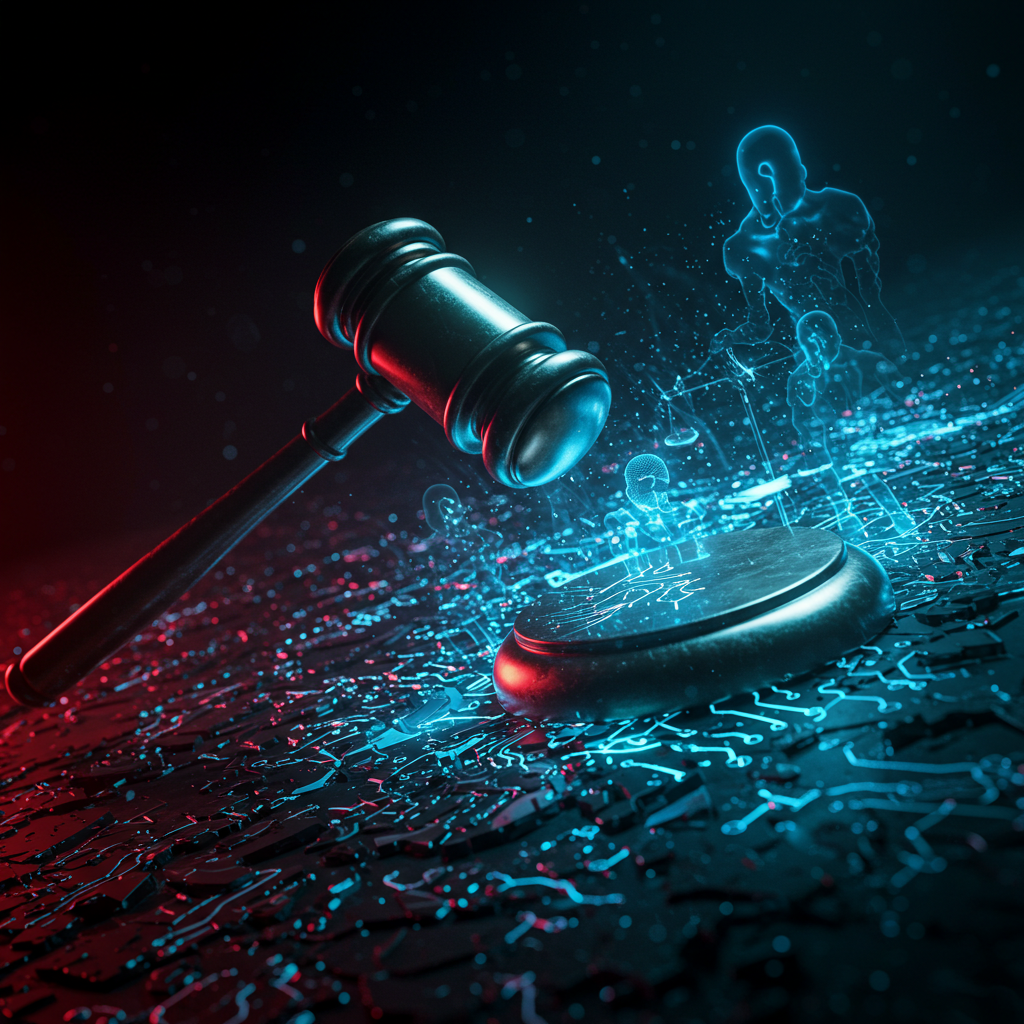In the ever-evolving landscape of justice and public safety, staying informed about crime and law news is paramount for citizens, legal professionals, and policymakers alike. Today’s headlines offer a complex tapestry of legal developments, significant case updates, and ongoing debates that shape our understanding of the American justice system. From evolving legislative priorities to the ripple effects of high-profile trials, this post aims to provide a comprehensive overview of key crime and law news impacting the United States today, offering actionable insights and a deeper appreciation for the intricacies of our legal framework.
Key Legislative Shifts and Policy Debates
The legal arena is constantly influenced by shifts in legislation and ongoing policy debates. A significant area of focus today involves discussions around criminal justice reform. Many states are currently grappling with proposals aimed at addressing issues such as mass incarceration, sentencing disparities, and the rehabilitation of formerly incarcerated individuals. For instance, several states are exploring the decriminalization or legalization of certain controlled substances, a move that proponents argue could alleviate pressure on the court system and allow for a greater focus on more serious offenses, while opponents raise concerns about potential public health impacts.
Furthermore, the debate surrounding police reform continues to be a prominent topic. Discussions often center on issues of accountability, de-escalation training, and community policing initiatives. We are seeing a push for greater transparency in law enforcement practices, with some jurisdictions implementing body-worn camera mandates and making footage more accessible to the public. These efforts, while met with varying degrees of success and resistance, reflect a growing societal demand for a more equitable and accountable justice system. Understanding these legislative undercurrents is crucial, as they directly influence the enforcement of laws and the administration of justice across the nation. For citizens, this translates to an awareness of potential changes in how laws are applied and the rights they possess within the system.
Notable Case Updates and Judicial Decisions
Beyond legislative action, significant case updates and landmark judicial decisions often capture national attention and have far-reaching implications. Today, several high-profile criminal trials are reaching critical junctures, with verdicts or sentencing decisions expected to set precedents. These cases, whether involving corporate malfeasance, public corruption, or violent crimes, serve as potent reminders of the justice system’s role in holding individuals accountable. For example, ongoing discussions around a particular federal indictment related to election interference highlight the complexities of prosecuting political figures and the challenges in navigating constitutional protections.
Moreover, appellate court rulings continue to shape the interpretation and application of existing laws. Decisions on issues such as Fourth Amendment rights concerning digital surveillance, the admissibility of evidence, or the scope of qualified immunity for law enforcement officers can have profound impacts on future legal proceedings. For legal practitioners, staying abreast of these decisions is not merely an academic exercise; it is essential for effective representation and strategic litigation. For the general public, these rulings underscore the dynamic nature of legal interpretation and the constant negotiation between individual liberties and governmental authority. For instance, a recent Supreme Court decision on digital privacy may alter how law enforcement can access personal data without a warrant, impacting everyday citizens’ expectations of privacy.
The Role of Technology in Crime and Law Enforcement
The intersection of technology and the justice system is another critical area of development. Advancements in forensic science, such as DNA analysis and digital forensics, are revolutionizing crime-solving capabilities, often leading to the exoneration of the wrongly accused and the conviction of perpetrators. However, these same technologies also present new legal challenges. Questions surrounding data privacy, the admissibility of AI-generated evidence, and the ethical implications of predictive policing algorithms are actively being debated.
For law enforcement agencies, technological adoption is a double-edged sword. While tools like facial recognition software and advanced surveillance systems can enhance public safety, they also raise concerns about potential misuse, bias, and the erosion of civil liberties. The legal framework surrounding these technologies is still in its nascent stages, with lawmakers and courts working to establish clear guidelines. This evolving landscape necessitates a proactive approach from all stakeholders to ensure that technological advancements serve the interests of justice without compromising fundamental rights. For example, the debate over the use of predictive policing software in certain communities highlights the tension between crime prevention and potential discriminatory profiling, requiring careful consideration of both its efficacy and its ethical implications.
Conclusion and Actionable Insights
The world of US crime and law news is a constantly shifting panorama, reflecting societal progress, enduring challenges, and the persistent pursuit of justice. Today’s updates underscore the importance of informed engagement with our legal system.
For citizens:
Stay Informed: Follow reputable news sources that provide in-depth coverage of legal developments and legislative changes.
Understand Your Rights: Familiarize yourself with your constitutional rights, particularly concerning interactions with law enforcement and the legal process.
Engage in Civic Discourse: Participate in discussions and advocate for policies that promote a fair and equitable justice system.
For legal professionals:
Continuous Learning: Dedicate time to studying new case law, legislative amendments, and evolving legal technologies.
Ethical Vigilance: Remain committed to the highest ethical standards in your practice, especially when navigating complex technological and societal issues.
Advocacy: Actively participate in shaping the legal landscape through your professional insights and contributions.
As we navigate the complexities of crime and law, a commitment to understanding, critical thinking, and responsible engagement will be our most valuable tools in fostering a just and secure society.

